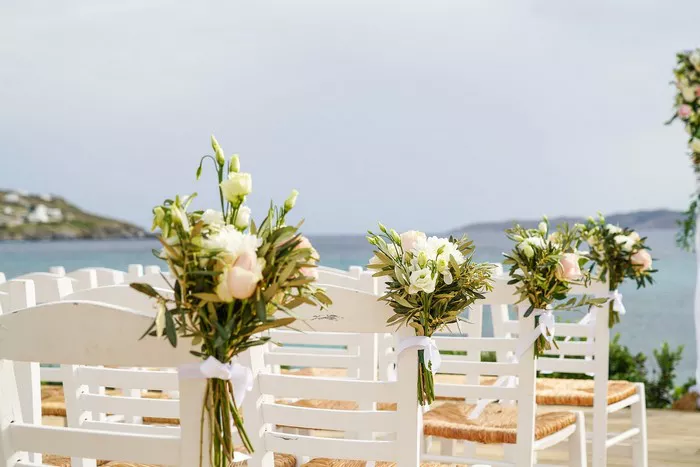A global wedding tourism boom is reshaping destination wedding trends, with cities worldwide developing specialized infrastructure to attract international couples. Dubai has emerged as an unlikely leader, opening a dedicated “Wedding District” featuring 24/7 marriage license services, multi-faith ceremony spaces, and honeymoon suites with robotic butlers. The emirate now processes more international weddings than Las Vegas, with packages that include luxury car parades through the city and fireworks synchronized to the couple’s favorite songs.
Japan’s wedding tourism initiative has seen remarkable success by combining traditional Shinto ceremonies with cutting-edge technology. Kyoto’s “Anytime Shrines” allow couples to marry at any hour with on-call priests, while Tokyo offers robot-staffed wedding chapels where ceremonies are simultaneously translated into multiple languages. The country’s “Wedding Visa” program grants extended stays for couples who marry using local vendors.
European cities are competing through historical offerings. Venice has launched underwater wedding packages in its lagoon, complete with mermaid performers and submersible photographers. Prague’s “Time-Travel Weddings” recreate ceremonies from different historical periods in authentic settings, with guests wearing period-appropriate attire.
Developing nations are entering the market with eco-wedding destinations. The Maldives now offers carbon-neutral wedding packages where couples plant coral reefs as part of their ceremony. Costa Rica’s “Jungle Chapels” provide completely off-grid ceremonies powered by renewable energy, with reception meals sourced from on-site permaculture gardens.
This global competition has led to surprising innovations. South Korea’s “K-Wedding” trend packages ceremonies with K-pop performances and K-drama-style photo shoots. Iceland’s “Elemental Weddings” incorporate volcanic, glacial, and geothermal features into ceremonies. Morocco’s “Desert Nomad” weddings include overnight stays in luxury Berber camps with stargazing ceremonies.
As the market grows, concerns about cultural appropriation and overtourism have emerged. Ethical wedding planners now emphasize working with local communities and preserving cultural authenticity. The UN World Tourism Organization predicts wedding tourism will become a $300 billion industry by 2030, fundamentally changing how many destinations approach hospitality infrastructure.


